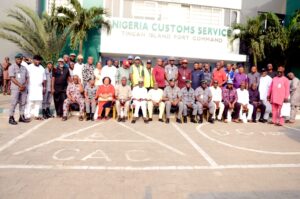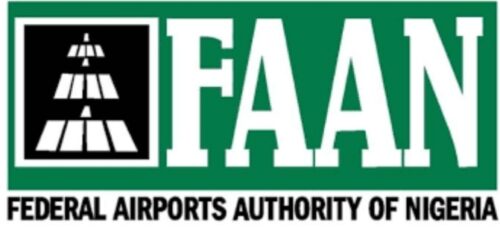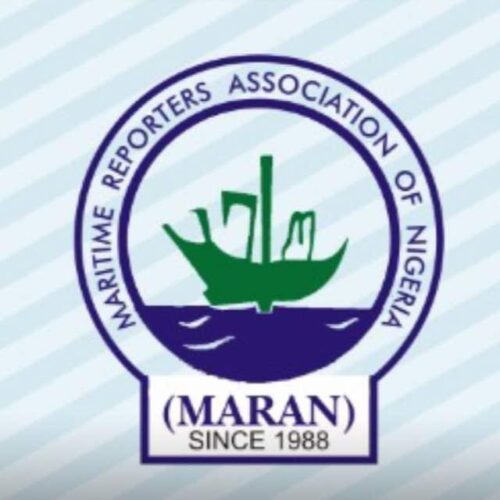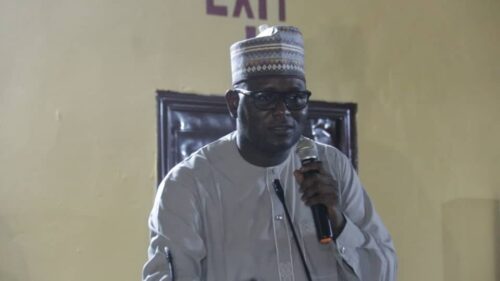TCIP Customs Get N1.52trn Yearly Revenue Target for 2025
… as Onyeka engages Stakeholders on 4% FOB Levy, B’Odogwu System Implementation
Nifemi Coker

The Customs Area Controller, Tin Can Island Port Customs Command, Comptroller Frank Onyeka, has announced that the Service has set an annual revenue target of N1.52 trillion for the Command for the year 2025.
This is even as he revealed that the command generated N116.4 billion for the month of January 2025, a 24.06 per cent, increase compared to the N88.4 billion collected in January 2024.
Onyeka made this disclosure while engaging stakeholders on the implementation of the 4 per cent Free on Board (FOB) levy and the much-anticipated B’Odogwu Unified Customs Management System.
These initiatives are not just policy rollouts but significant milestones in the drive toward efficiency, transparency, and trade competitiveness. Given the persistent challenges of revenue leakages, bureaucratic bottlenecks, and compliance shortfalls, these sensitization sessions serve as a bridge between regulatory enforcement and trade facilitation.
Comptroller Onyeka’s engagement with a cross-section of industry players including importers, Customs brokers, and shipping agents on February 6 and 7, 2025, reflects the Nigeria Customs Service’s (NCS) growing commitment to stakeholder consultation.

In an industry where policy changes can create either friction or synergy, the approach taken by the Tin Can Island Command sets a precedent for inclusive governance.
One of the key takeaways from the session was the clarification of the 4 per cent FOB levy, a policy enshrined in Section 18 of the Nigeria Customs Service Act 2023.
This levy applies to the value of goods at the point of import and is designed to align with international best practices by ensuring revenue optimization without unduly stifling trade.
Importers and freight forwarders have long expressed concerns over unpredictable charges, and this initiative seeks to provide clarity and predictability in Customs duties.
Additionally, the introduction of the B’Odogwu Clearance System signals a decisive step towards digital transformation in Nigeria’s cargo clearance process, and the promise of a streamlined, technology-driven system.
By reducing bottlenecks and enhancing compliance, B’Odogwu has the potential to cut down dwell time and improve Nigeria’s port competitiveness in the West African subregion.
One of the most significant declarations from the Comptroller was his pledge to eliminate multiple alerts, a longstanding grievance among port users. For years, traders have contended with overlapping Customs checks that delay cargo clearance and inflate costs.
By emphasizing honest declarations and thorough yet streamlined examinations, Onyeka is signaling a more predictable and trade-friendly operating environment. Stakeholder engagement will remain central to ensuring the smooth implementation of these policies.
As the Nigerian maritime sector adapts to the evolving landscape of international trade, the Tin Can Island Command’s proactive approach could serve as a model for other ports across Nigeria.






